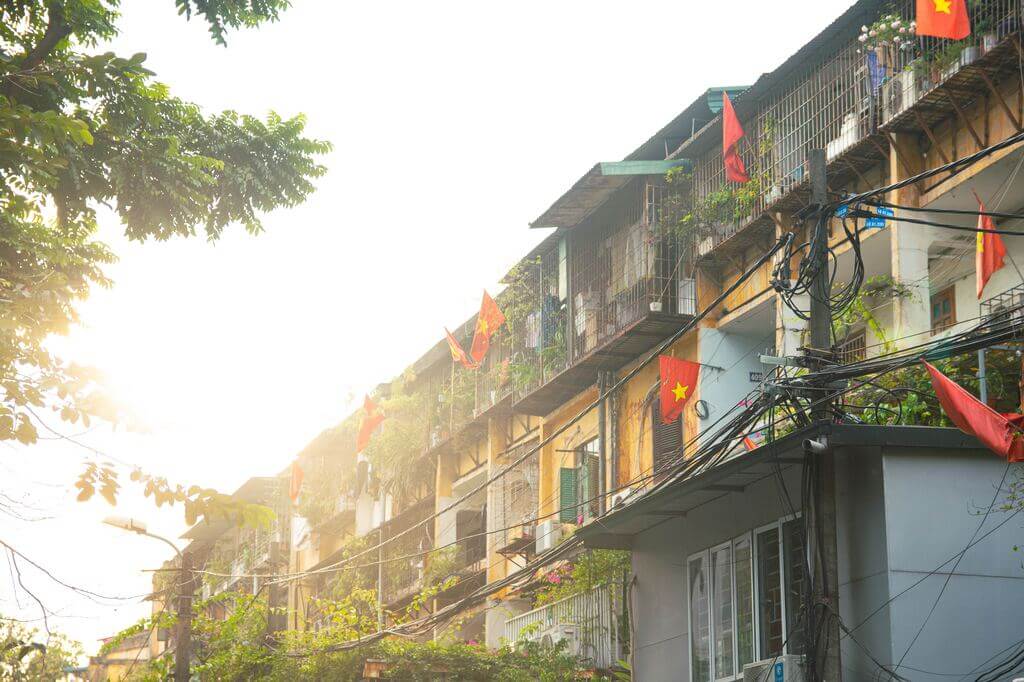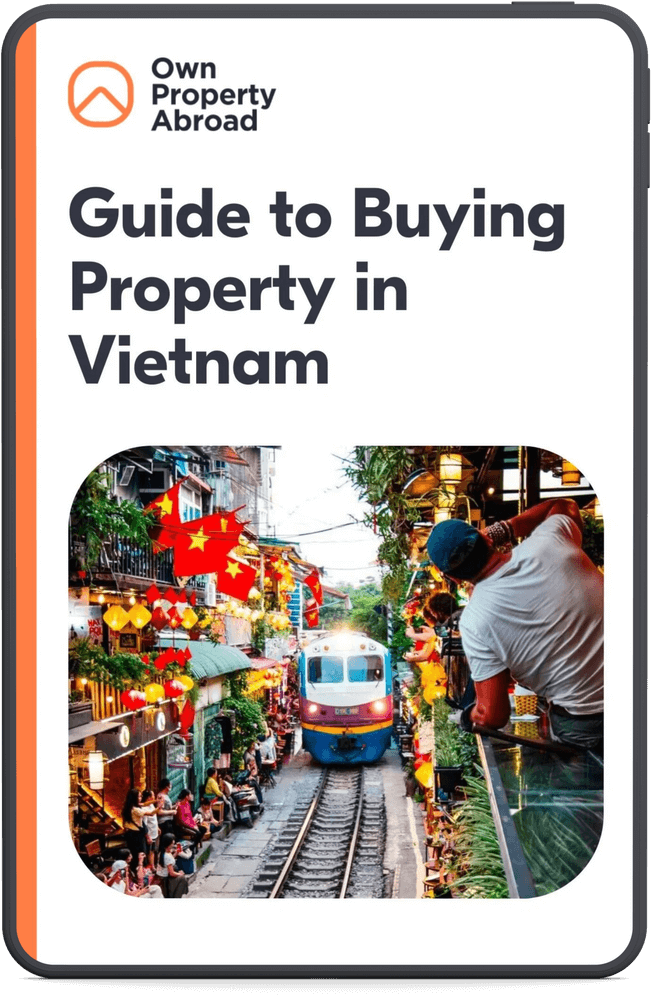Increasing tensions between HCMC residents
As Airbnb rentals in Vietnam have become more popular, long-term residents in apartment complexes have expressed growing frustrations. The influx of short-term guests has led to numerous complaints, including increased noise, misbehavior, and overuse of shared amenities such as gyms and swimming pools.
These disruptions have prompted several apartment management boards to crack down on short-term rentals, with some buildings going as far as prohibiting Airbnb guests from entering the premises altogether. This growing divide between short-term and long-term residents highlights the need for balanced regulations that address the concerns of all parties involved.
Financial impact on property owners
The restrictions on Airbnb rentals in Ho Chi Minh City have severely impacted property owners who heavily invested in apartments specifically for short-term leasing. Many of these owners are now struggling to recover their investments, with some facing significant financial losses. Transitioning from short-term to long-term rentals is not always a feasible solution, as long-term rentals often yield lower income and fail to cover the costs associated with purchasing and maintaining these properties. This situation is particularly dire for those who relied on the higher returns from short-term rentals to service loans or other financial commitments.
Legal and regulatory uncertainty
The legal situation regarding Airbnb rentals in Vietnam is intricate and increasingly difficult for property owners to navigate. The 2023 Housing Law explicitly prohibits the use of apartment units for non-residential purposes, which complicates the legality of operating Airbnb rentals in residential complexes. This legal uncertainty has left many property owners in a difficult position, unsure of how to proceed with their investments. There is a growing demand for the Vietnamese government to provide clearer guidelines on how Airbnb and similar platforms can operate within the country, ensuring that property owners, residents, and guests are all adequately protected.
Calls for regulation and compliance from the Vietnamese government
Amid the ongoing conflicts, there have been proposals that Airbnb hosts should register as businesses, pay taxes, and comply with stricter regulations. These measures may involve higher service fees to account for the increased use of shared facilities and more effective management practices to ensure that short-term rentals do not disrupt the lives of long-term residents. Clearer regulations could establish a more sustainable model for short-term rentals in Ho Chi Minh City, considering the interests of property owners, residents, and the broader community.
For foreign investors and property buyers interested in Vietnam’s real estate market, it’s crucial to understand the local legal environment and the potential challenges of operating short-term rental properties. Staying informed about regulatory changes will be essential for making sound investment decisions in this dynamic market.







